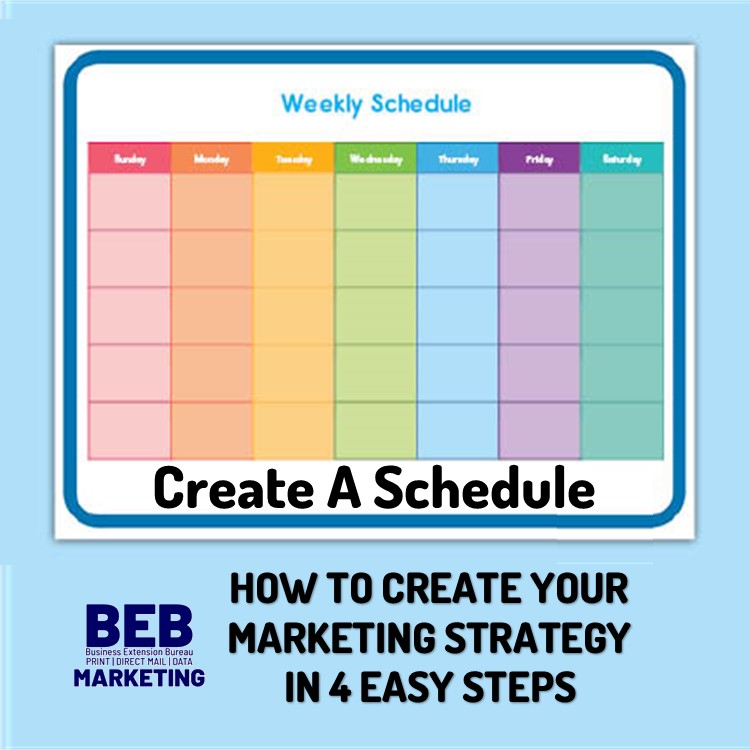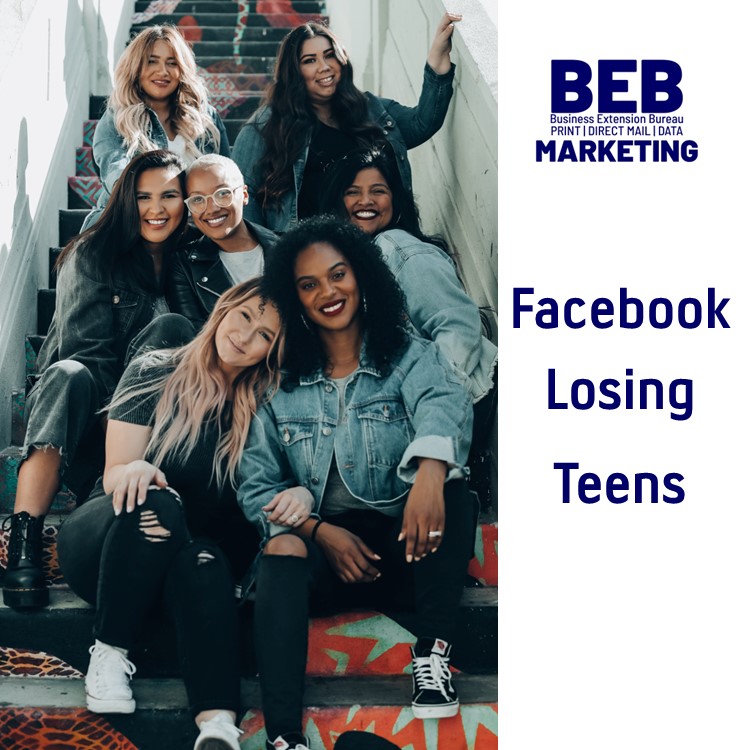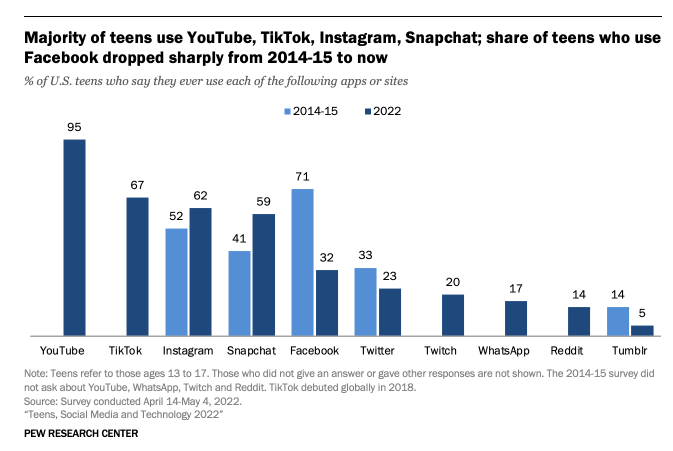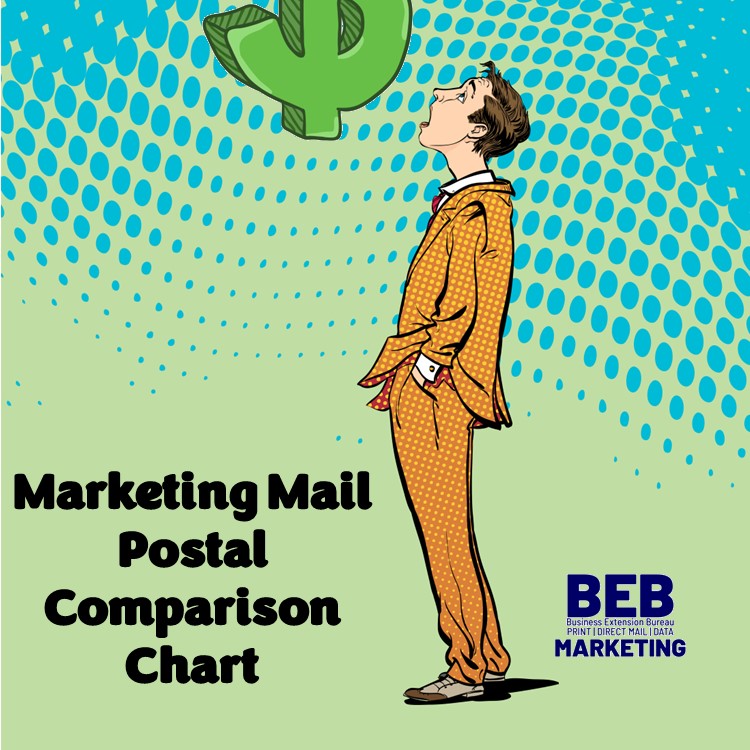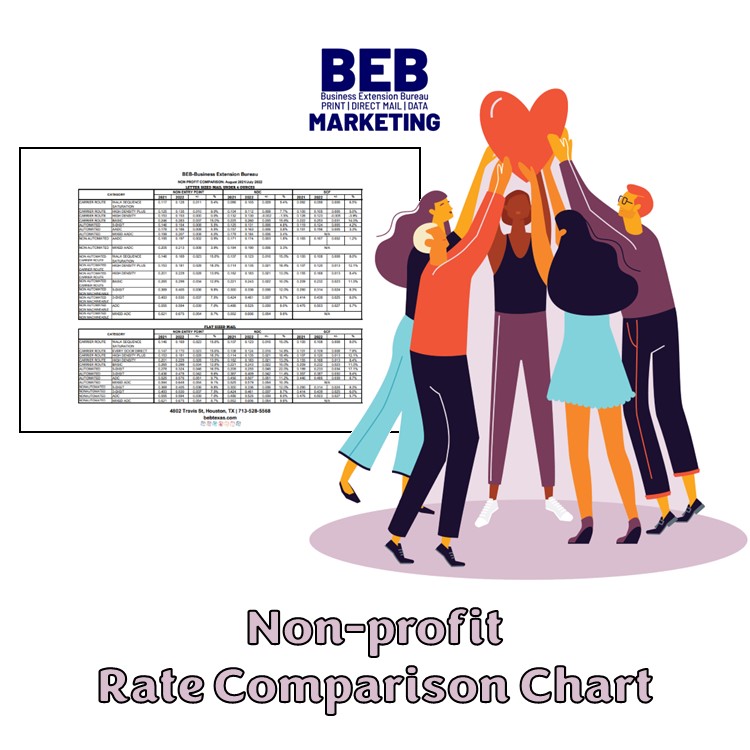
Nobody is certain how to best manage the current commercial paper shortage. With the open enrollment, holiday, and political mailing season only a couple of months away, we are encouraging our clients to to order paper now. Prices continue to climb (faster than gasoline), and delivery times continue to extend! Worse yet, there is no guarantee that the paper we order today and expect delivery by August will actually arrive!
The problem started a while ago. Even before the pandemic, restrictive environmental regulations, aging/expensive equipment, and skyrocketing labor costs contributed to many mills closing because they were unable to compete. Also, many mills quit producing commercial printing paper and began manufacturing board stock as the packaging industry flourished. That’s when the U.S. paper shortage began. We weren’t too worried because mills from overseas were able to fill the void.
Companies adopted the “Just In Time” operative to allow for decreased amounts of inventory saving valuable space and reducing costs. JIT works great when the supply chain is whole. Thanks to the pandemic, the supply chain today is broken and on many levels.
U.S. Ports are still scrambling to catch up and are a primary source of disruption. There is also a container problem in on the other side of the ocean. Lou Caron, President of The Printing Industries Association of Southern California (PIASC) blogged that he was told that the Korean paper mills are producing at max capacity but couldn’t find enough containers to ship their inventory. Most likely because there are so many here waiting to be unloaded. Remember, the paper mills are competing for the same container space that giants like Amazon and Walmart need.
Another hurdle is that it takes a long period of time for a paper mill to come back online. It can take up to six-months. As the pandemic cycles in waves, mills have shutdown, re-opened, shutdown, and re-opened causing significant delays and reducing available inventory nationwide.
In short, we are all vying for paper and trying to prepare for the upcoming mailing season. We strongly recommend that you order paper early. If you are planning to mail in the fall, order your paper now. Unfortunately, costs are higher than we have ever seen before, and as mentioned earlier, the mills aren’t guaranteeing complete delivery.
We need to be flexible and adapt to the current situation. Be open to using different types of paper or trying a different type of mailer. The paper shortage has dramatically affected the envelope industry as well. You may want to consider self-mailers or postcards in lieu of envelope mailings this fall. Most importantly, start your plan and paper as soon as possible.
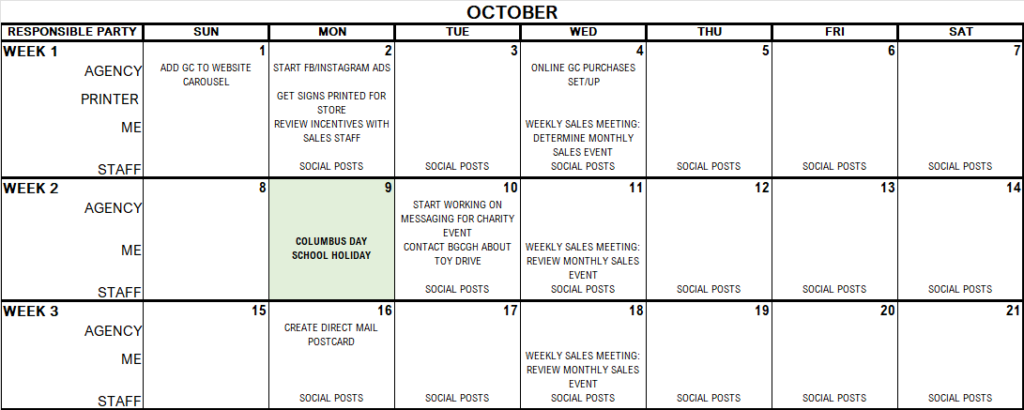 Keep your schedule in a place where everyone involved can see it and try to stay on schedule.
Keep your schedule in a place where everyone involved can see it and try to stay on schedule.
